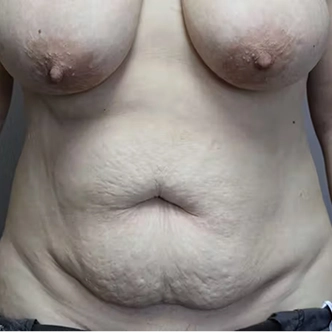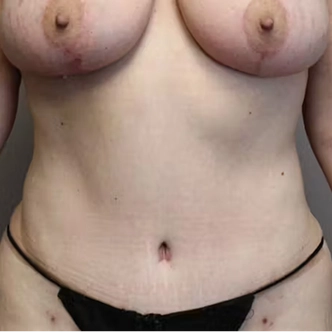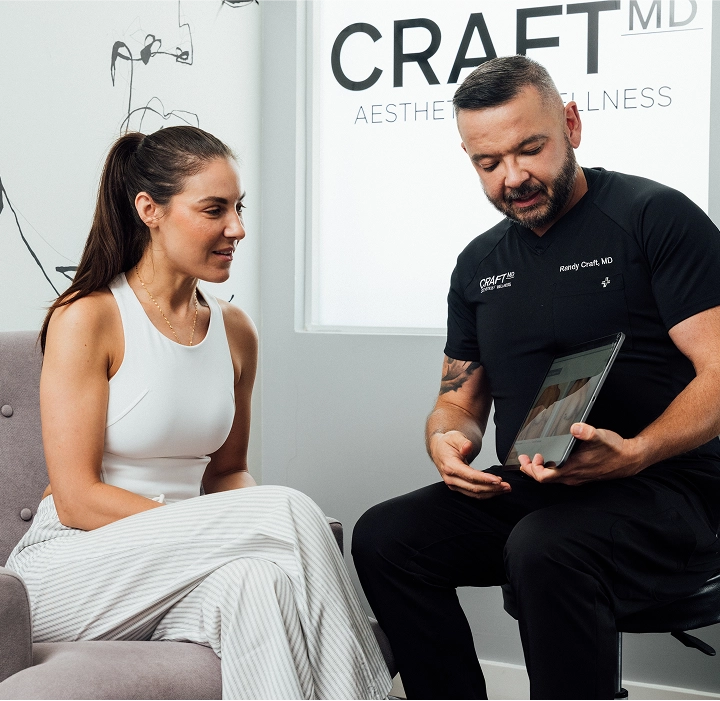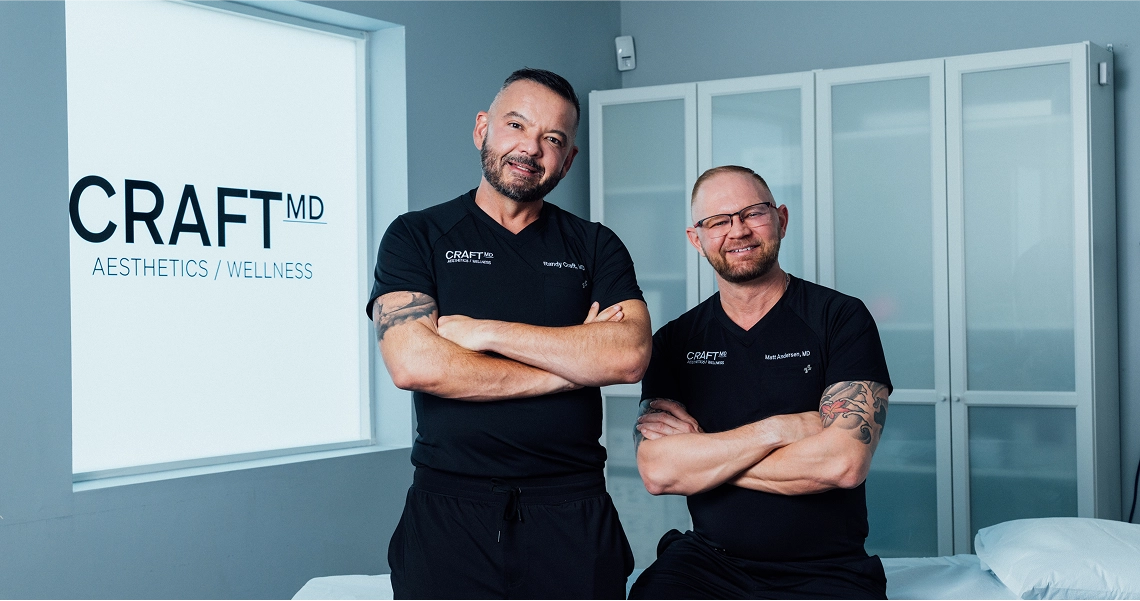
What to Expect on the Day of Capsulectomy Surgery
Your capsulectomy will likely be performed as an outpatient procedure under regional nerve blocks and IV anesthesia in Phoenix. Once you’ve been rendered temporarily unconscious, Dr. Craft will begin by making the necessary incision along the crease of the affected breast. After that, the specifics of the procedure will depend on which type of capsulectomy you’re undergoing. When he has finished removing the capsule and implant and, if applicable, inserting the new implant, the doctor will close the incision and bandage the area. Overall, the procedure typically takes around two to three hours to complete.
Depending on the specific needs of the patient, there are three different types of capsulectomy that may be performed:
TOTAL CAPSULECTOMY
During a total capsulectomy, Dr. Craft removes both the affected breast implant and the entire capsule of scar tissue separately. Depending on your personal preferences and treatment plan, your breast implant may then be replaced with a new, customized implant.
SUBTOTAL CAPSULECTOMY
Another common type of capsulectomy is the subtotal or partial capsulectomy. Like the total capsulectomy, this procedure involves removing and, usually, replacing the affected breast implant. However, instead of removing the entire capsule of scar tissue, Dr. Craft will remove only a section of it. Subtotal capsulectomy generally requires a slightly smaller incision than total capsulectomy, which results in less visible scarring.
EN BLOC CAPSULECTOMY
The least common type of capsulectomy is the en bloc capsulectomy. During this surgery, both the affected breast implant and capsule are removed simultaneously as one piece. This type of capsulectomy, which is the most complex version of the surgery, is most commonly performed in cases of a ruptured implant. Additionally, en bloc capsulectomy is typically chosen for patients with breast implant-associated anaplastic large cell lymphoma. There are certain guidelines that do not recommend this approach for BII. Dr. Craft will discuss the pros and cons of each option during your consultation and determine what is best suited for you.









